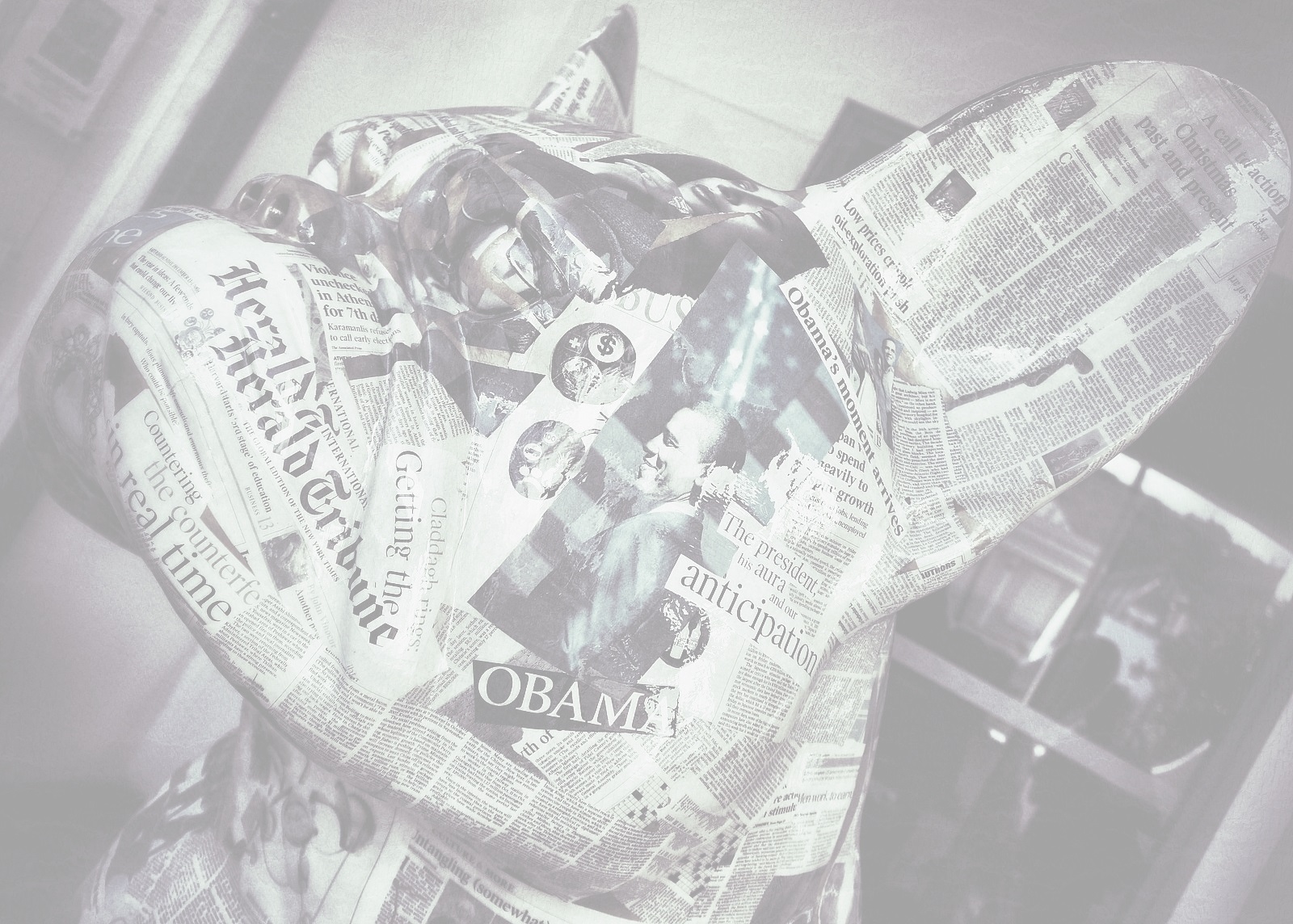DISCURSIVE NEWS VALUES ANALYSIS
Exploring DNVA
ABOUT THIS SITE
This is a website dedicated to discursive news values analysis (DNVA). This is a novel approach to the analysis of news values that we most recently discuss in our book The Discourse of News Values (Monika Bednarek and Helen Caple, 2017, Oxford University Press).
What are news values?
News values are the values that are recognised as defining newsworthiness – whether something is ‘worthy’ of being news. More specifically, news values concern ‘the newsworthiness of events—their potential newsworthiness in a given community, their newsworthiness as evaluated and determined by newsworkers in news practice, or their newsworthiness as constructed through discourse’ (Bednarek & Caple 2017: 42).
We thus distinguish news values from moral-ethical values (e.g. truth, impartiality, honesty, fairness) and from commercial values (e.g. speed, access via multiple platforms). We also differentiate news values from news writing objectives (general goals associated with news writing, such as clarity of expression, brevity, colour, accuracy, etc.) and news selection factors (any factor impacting on whether or not an event gets covered or a story becomes published, e.g. commercial pressures, availability of reporters, deadlines, audience analytics, etc.). This Info Sheet for Scientists and other Researchers on Newsworthiness explains the impact of news values on how your research gets into and is featured in the news media. It was created by Monika Bednarek as part of a University of Sydney research project.
On this site we provide a brief introduction to what we mean by DNVA, and point to published research applying DNVA. We also provide our coding manuals as well as additional materials that may be read and referred to in conjunction with the various case studies discussed in The Discourse of News Values. If you have any questions about applying DNVA, check out our Troubleshooting page to help you get started.
ABOUT THE AUTHORS
Monika Bednarek is an Associate Professor in the Department of Linguistics at the University of Sydney, Australia. She is a corpus-based discourse analyst and a media linguist with particular interests in the language of news and televisual narratives. Monika is the author of three books on mass media discourse and one on the language of emotion/affect. Her books on news discourse are Evaluation in Media Discourse (2006) and News Discourse (2012, with Helen Caple). More information about Monika is available at her website, and you can follow her on Academia and Twitter or subscribe to her YouTube channel.
Helen Caple is an Associate Professor in the School of the Arts and Media at the University of New South Wales, Australia. As a social semiotician, her research interests centre on the construction of meaning in photographs, in particular in photojournalism, and on intersemiotic relations between words and images. Helen has authored four books on news discourse: News Discourse (2012, with Monika Bednarek), Photojournalism: A Social Semiotic Approach (2013), Photojournalism Disrupted: The View from Australia (2019) and Multimodal News Analysis across Cultures (2020, with Changpeng Huan and Monika Bednarek). You can connect with Helen’s research on Academia, and through her website.

